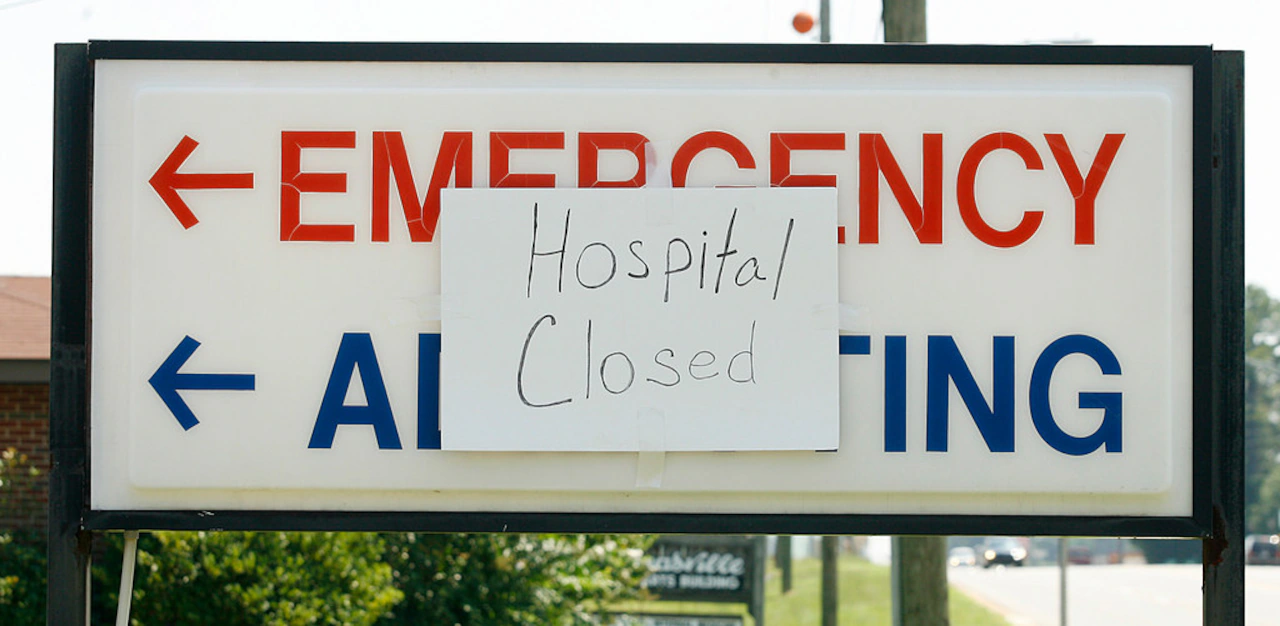Copyright AL.com

Alabama has submitted a plan to the federal government for how the state will use $500 million to improve rural health care over the next five years. According to a release from Gov. Kay Ivey, the state will focus on 11 initiatives to help rural facilities become more financially viable and accessible, and to improve health outcomes. Of the state’s 52 rural hospitals, 27 are at risk of closing, with 19 of those at immediate risk of shutting down within the next few years. “As someone from Wilcox County, making meaningful improvements in how we deliver health care in rural Alabama is critically important to me,” said Gov. Ivey in a press release. “Thanks to President Trump’s One Big Beautiful Bill, states have an opportunity to make transformational change that will benefit citizens and communities for generations.” The 11 initiatives that Alabama will focus on are: Collaborative Electronic Health Record (EHR), IT and Cybersecurity Initiative Rural Health Initiative Maternal and Fetal Health Initiative Rural Workforce Initiative Cancer Digital Regionalization Initiative Simulation Training Initiative Statewide EMS Trauma and Stroke Initiative EMS Treat-In-Place Initiative Mental Health Initiative Community Medicine Initiative Rural Health Practice Initiative The One Big Beautiful Bill, which Congress passed in July, established a $50 billion Rural Health Transformation Program, which allocates money to states to help improve rural health care in their communities. The bill also includes nearly $1 trillion in Medicaid cuts over the next decade, though officials say Alabama won’t be as impacted as other states that have expanded Medicaid. Alabama was earmarked $500 million over five years. “It sounds like an awful lot of money,” Danne Howard, director of the Alabama Hospital Association, told AL.com in October. “It’s $500 million over five years. So at $100 million a year, that’s really not that much if you really step back and look at the entire situation.” “But it is such an opportunity to invest wisely into some transformative programs. And our association had already started having some very serious conversations about looking at things.“ The state formed a working group of 20 health care experts and lawmakers to develop a plan on how to best use the funds. The governor’s Office, the Alabama Department of Economic and Community Affairs (ADECA), the Alabama Department of Finance, the Alabama Medicaid Agency and the Alabama State Health Planning and Development Agency also helped make up the core team. Once funding is sent to the state, ADECA will administer the program. “My team left no stone unturned as it gathered information to submit our plan,” Ivey said. “It is a thoughtful, strategic plan that must be coupled with state policy changes to maximize effectiveness. Once implemented, the initiatives and policy changes will make meaningful improvements to healthcare in rural Alabama.”



